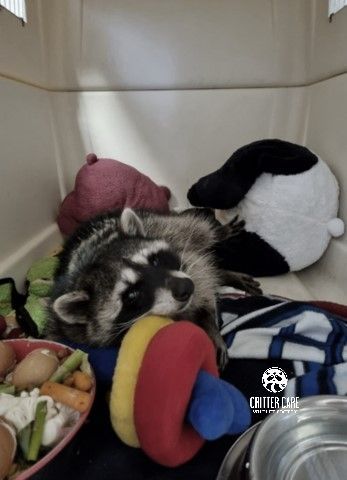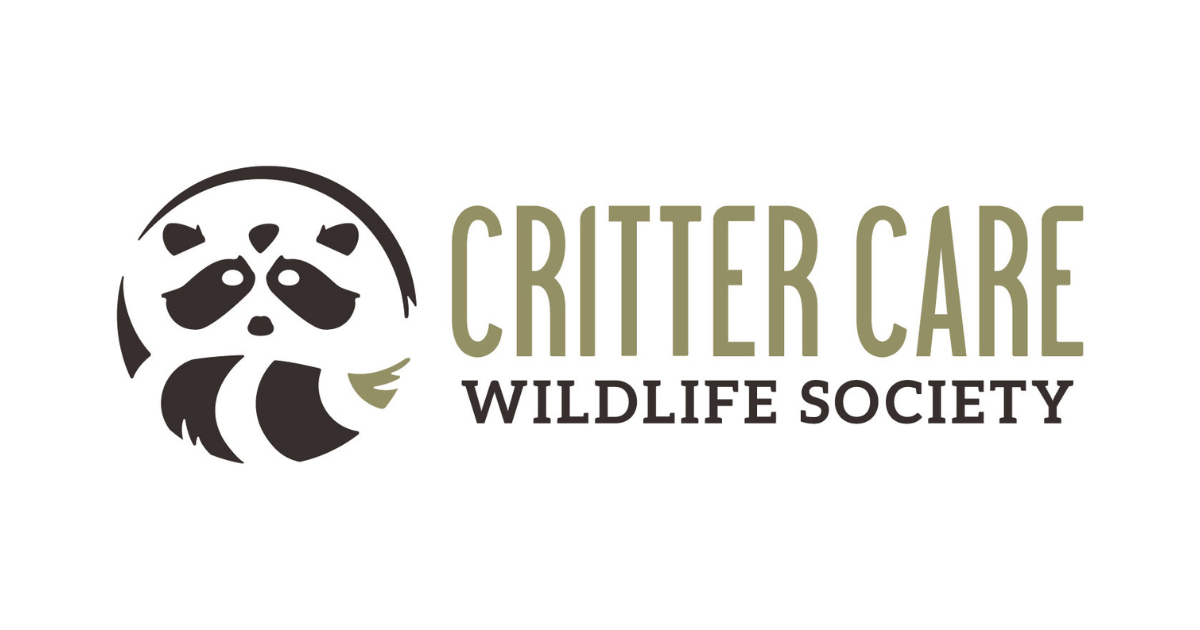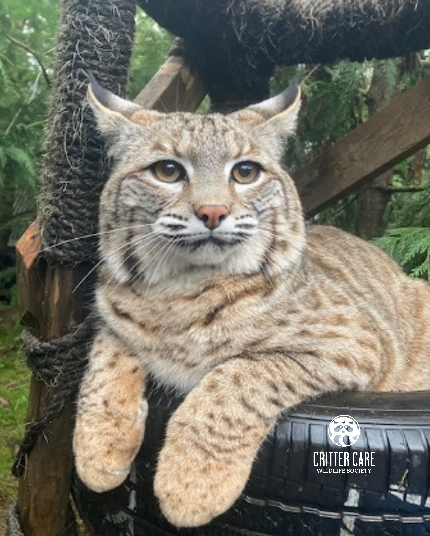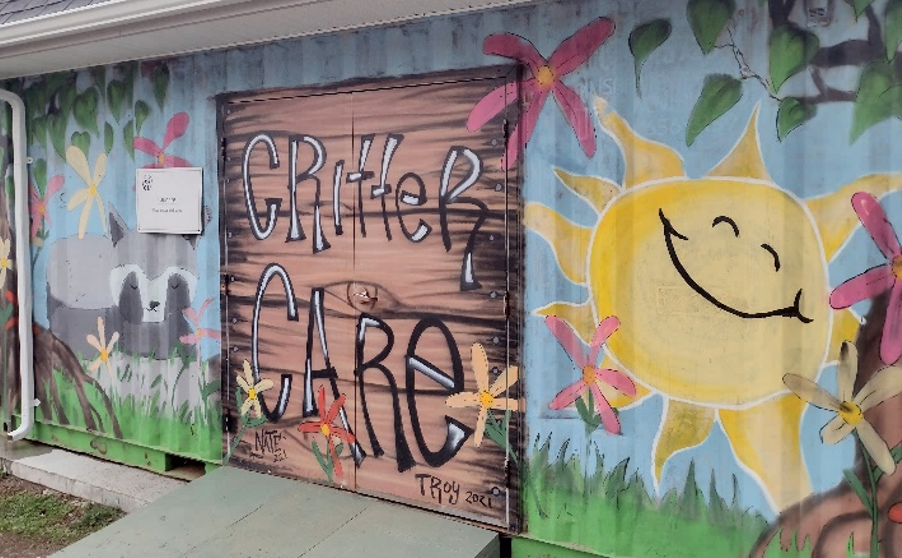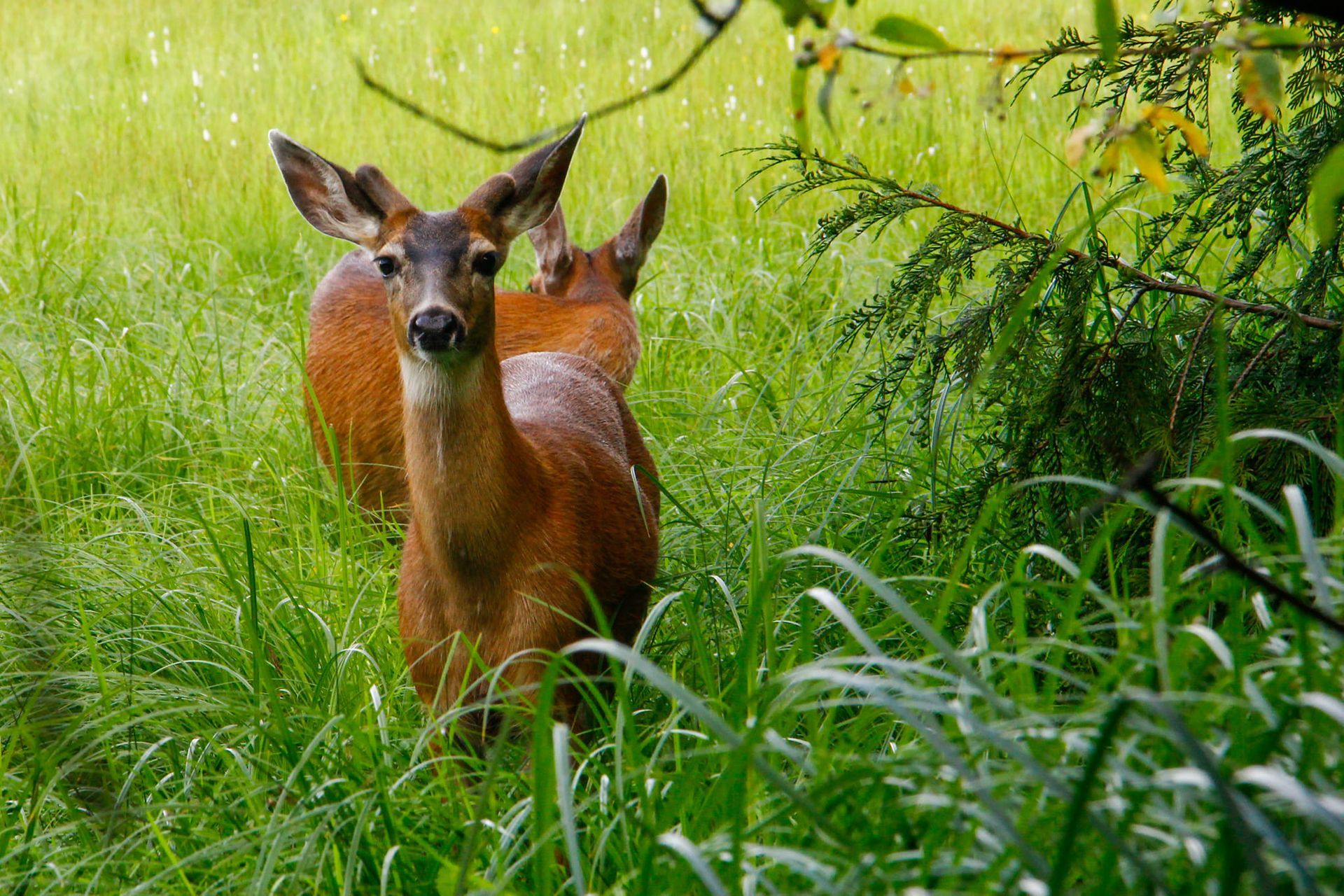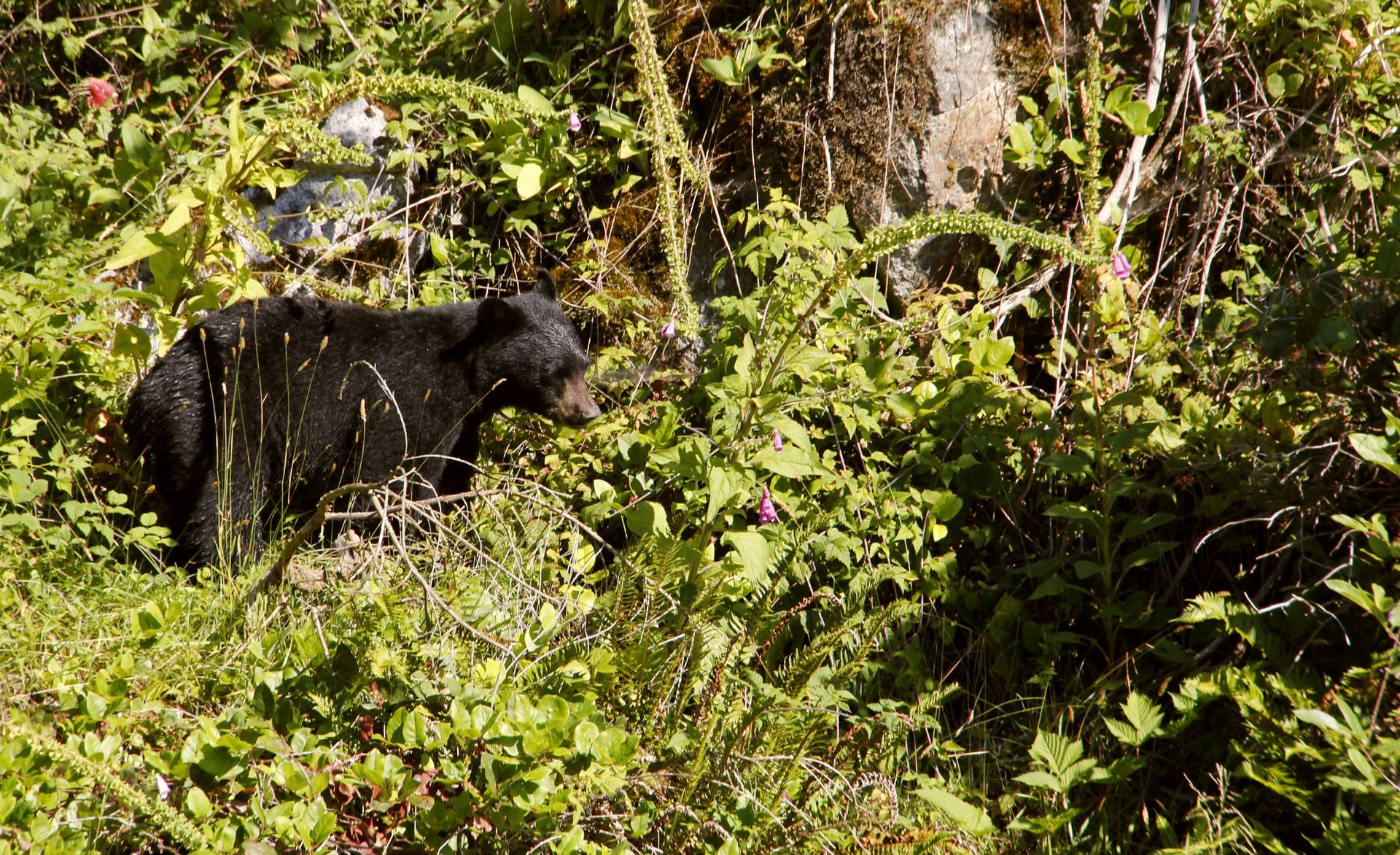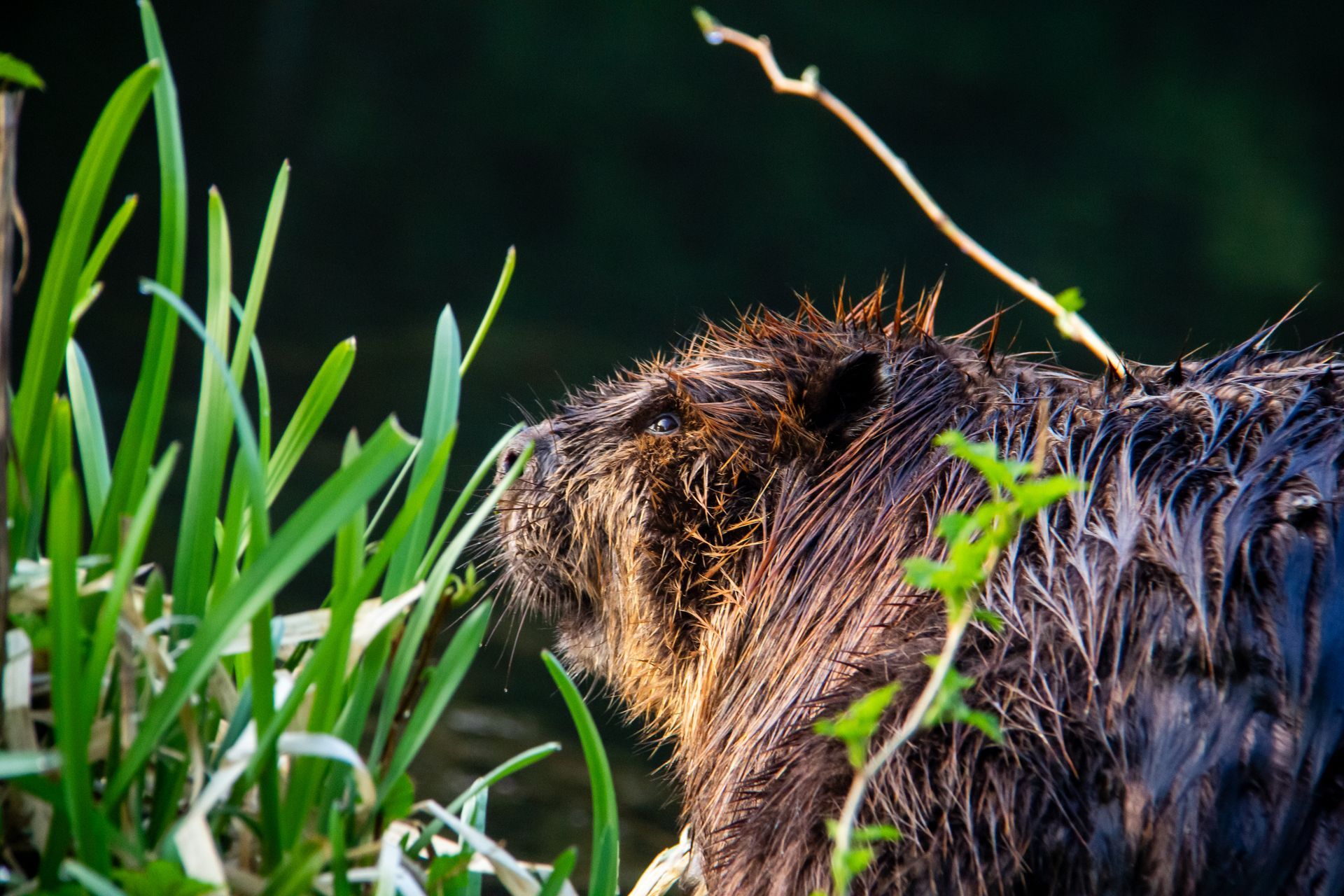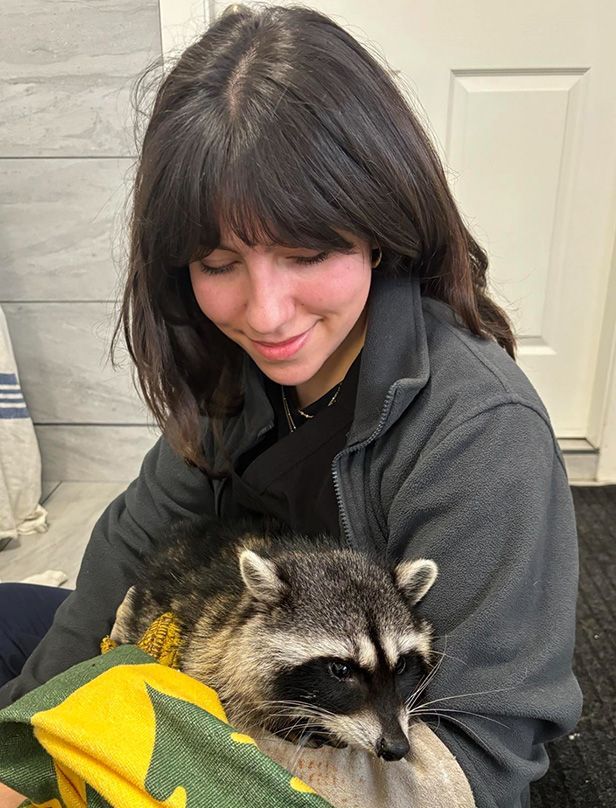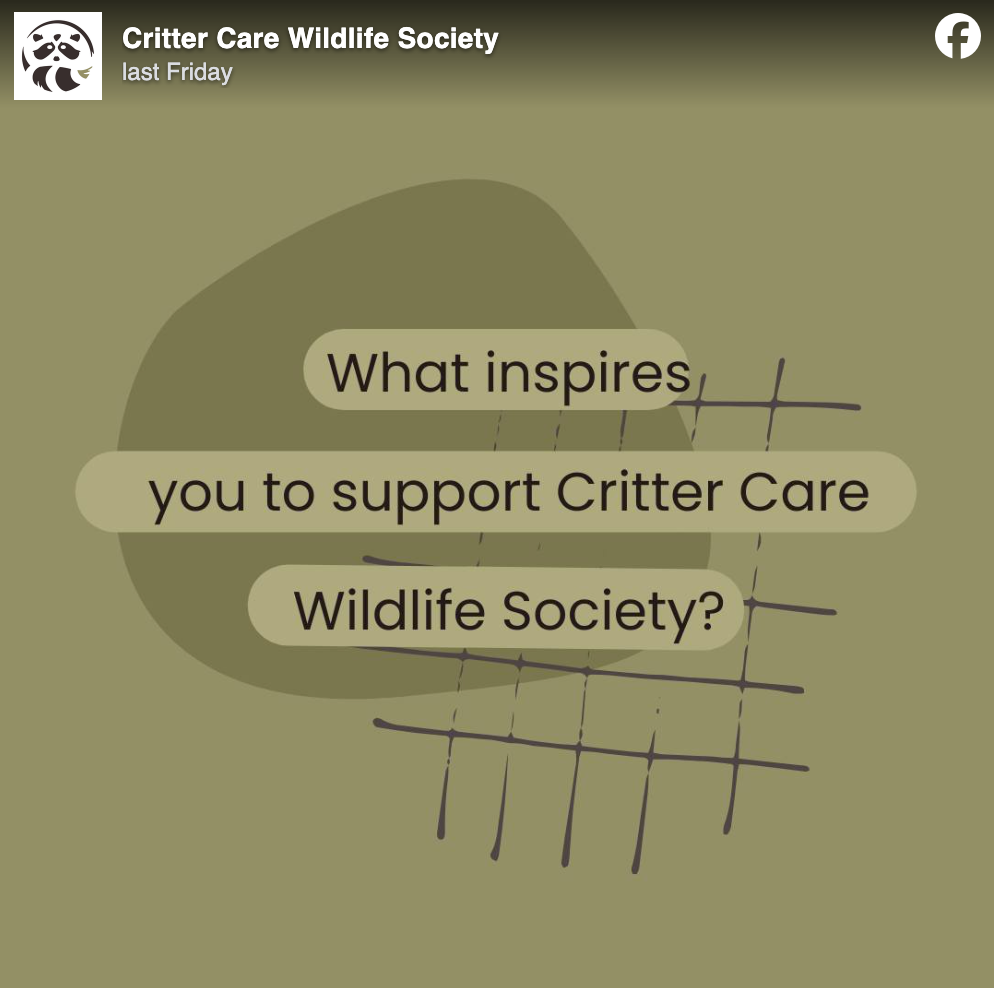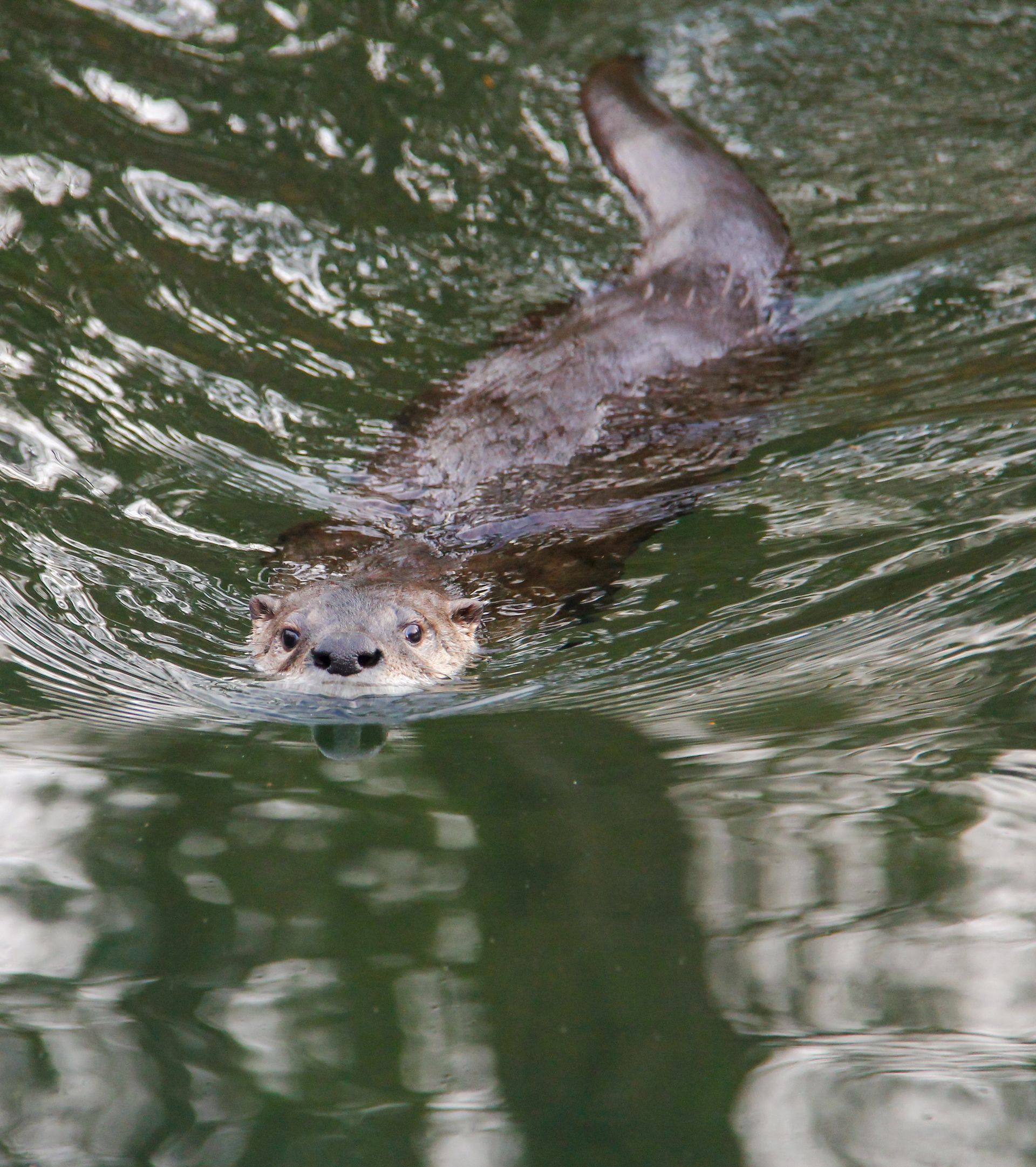What is here today can be gone tomorrow. Every life is a miracle, every life deserves a second chance.
- Gail Martin -
Make Your Mark: Support Wildlife Recovery with Critter Care
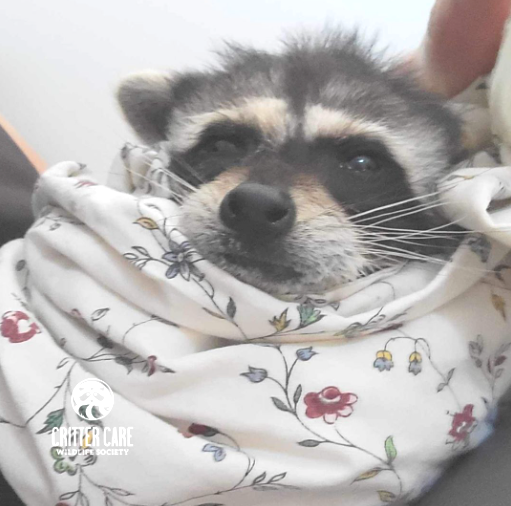
Join Critter Care's 50/50 raffle to significantly aid orphaned and injured animals. Your participation amplifies our crucial rescue, rehabilitation, and release efforts, providing these animals with the care they urgently require.
Critter Care's Wildlife Preservation Role
The Essence of Wildlife Rehabilitation
Wildlife rehabilitation is vital for ecosystem balance. Annually, many animals suffer from human-related disturbances. Critter Care provides the essential recovery care these animals need, helping to uphold biodiversity and species survival. Your support offers these creatures new life opportunities.
The Rescue-to-Release Journey
Critter Care's team passionately rehabilitates animals, aiming for a return to nature. This process demands medical rehabilitation, ensuring animals are independent upon release. Funding from the 50/50 Raffle fuels these critical missions, allowing animals to thrive back in the wild.
Join Critter Care's Efforts
Support via the 50/50 Raffle
The 50/50 Raffle is a direct avenue to support Critter Care while having a chance at a prize. Half the collected funds advance the rehabilitation center's mission, with the other half awarded to a fortunate participant. It's a philanthropic commitment with mutual benefits.
The Financial Influence
Every donation to Critter Care has an impact, covering veterinary expenses, habitat construction, and community education. Your generosity makes it possible to offer a quick emergency response, and ongoing care Each contribution fuels our essential wildlife rescue endeavours.
Elevate Impact: Support Critter Care's 50/50 Raffle Now!
Engaging with our 50/50 Raffle is more than supportive; it's essential for wildlife rescue operations. Your tickets facilitate animal care, allowing us to progress in our mission and rescue more lives. Embrace this chance to win and bolster conservation with us. Join now to better our shared wildlife future.
Buy your tickets today: https://www.rafflebox.ca/raffle/crittercare
Critter Care Wildlife Society News
